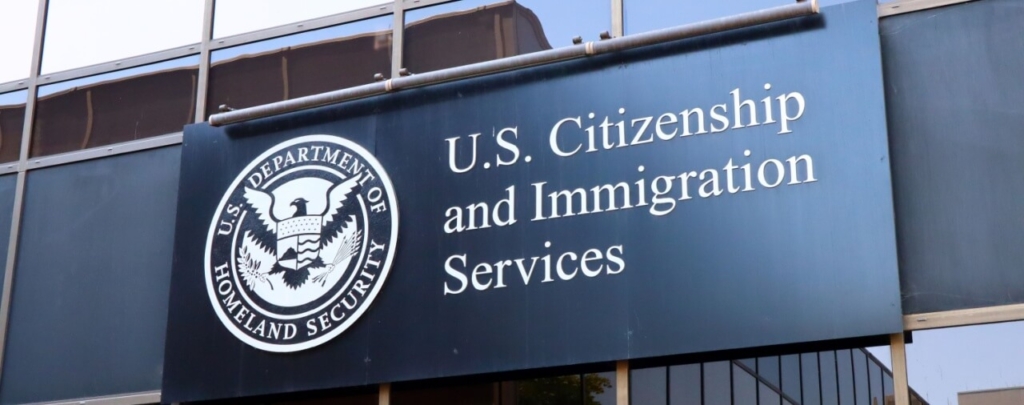On December 23, 2017, Judge James L. Robart of the United States District Court for the Western District of Washington granted a motion for a preliminary injunction against the implementation by federal agencies of certain portions of the inter-agency memorandum implementing President Donald Trump’s Executive Order 13815 on refugees [see article]. The preliminary injunction was granted pertaining to two cases: Doe v. Trump and Jewish Family Services v. Trump [see decision].
First, the injunction enjoins the Government from suspending the processing and suspending the admission of following-to-join refugees. However, this injunction applies only to following-to-join refugees with a bona fide relationship to a person or entity within the United States. Judge Robart cited to the Supreme Court decision discussing the term with respect to President Trump’s previous Executive Order 13780 [see article]. However, the preliminary injunction does not enjoin the Government from engaging in efforts to implement “additional security measures” or align “the screening mechanisms for following-to-join refugees” with “processes employed for principal refugees.” In short, the injunction prohibits the Government from suspending the processing or admission of following-to-join refugees, but it does not prevent the Government from implementing additional security measures described in the Executive Order.
Second, the temporary injunction enjoins the Government from enforcing the provisions of the inter-agency memorandum (implementing Executive Order 13815) that suspend or inhibit the admission of refugees from Security Advisory Opinion countries. Again, Judge Robart limited the scope of the injunction to cover only refugees with a bona fide relationship with a person or entity in the United States. The injunction does not enjoin the Government from conducting a detailed threat assessment of each Security Advisory Opinion country.
Notably, Judge Robart specified that the injunction does not apply to President Trump, agreeing with a separate conclusion by the United States District Court for the District of Hawaii that the court lacked jurisdiction to enjoin the president. Instead, the preliminary injunction “runs against all other Defendants.” He noted that this includes the Secretary of Homeland Security and the Secretary of State.
Judge Robart is no stranger to litigation over President Trump’s recent spate of immigration executive orders, having issued the first of multiple nationwide injunctions against the initial iteration of the “travel ban” [see blog]. In the instant case, Judge Robart concluded that the Trump Administration had exceeded its statutory authority under the Immigration and Nationality Act (INA) insofar as its provisions affect both following-to-join and Security Advisory Opinion countries, and he effectively concluded that the plaintiffs were likely to succeed on the merits of their arguments regarding the Administrative Procedures Act.
Interestingly, despite the fact that the Supreme Court vacated the judgment of the Ninth Circuit in its decision enjoining the travel restrictions and refugee provisions of the former Executive Order 13780 [see article], Judge Robart joined the Hawaii District Court regarding new travel restrictions in declining to depart from the prior reasoning of the Ninth Circuit [see article].
We will update the site with more information on litigation surrounding President Trump’s Executive Order 13815 and its implementation as it becomes available. Please see our full article on the Executive Order and associated memoranda to learn more [see article].





